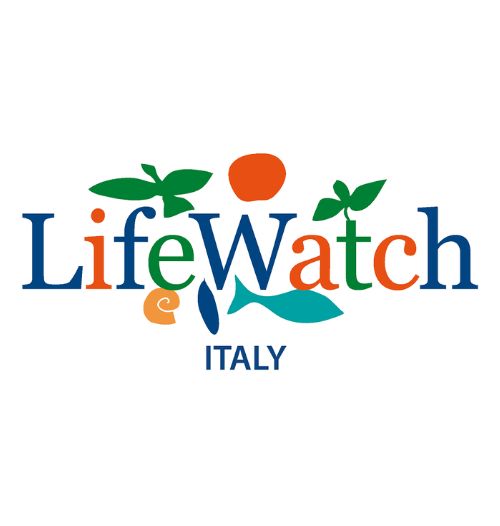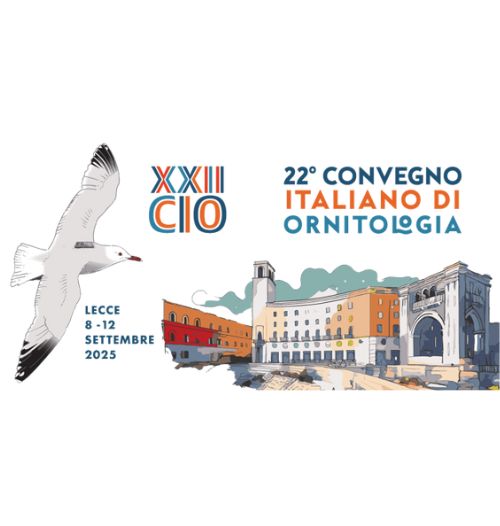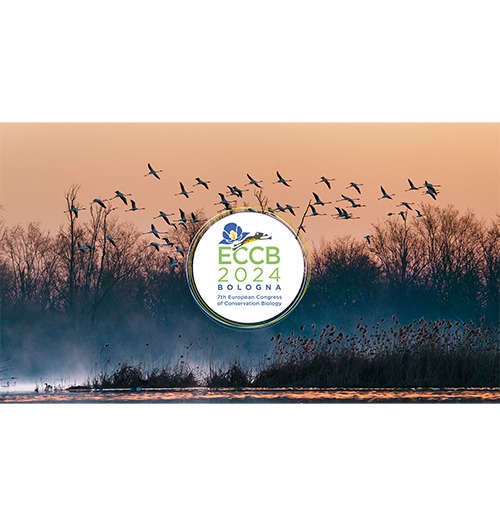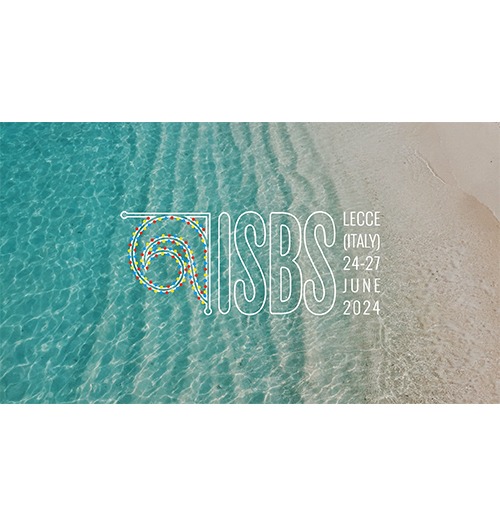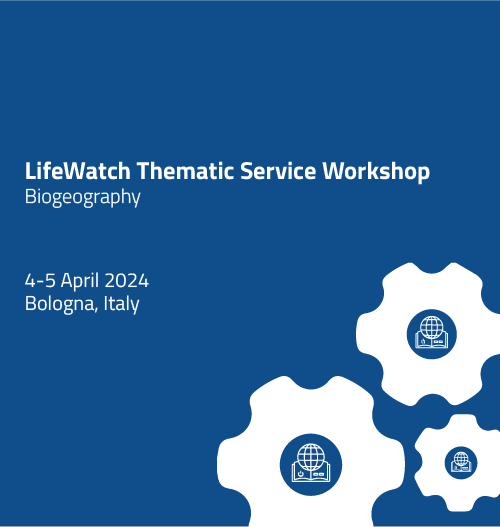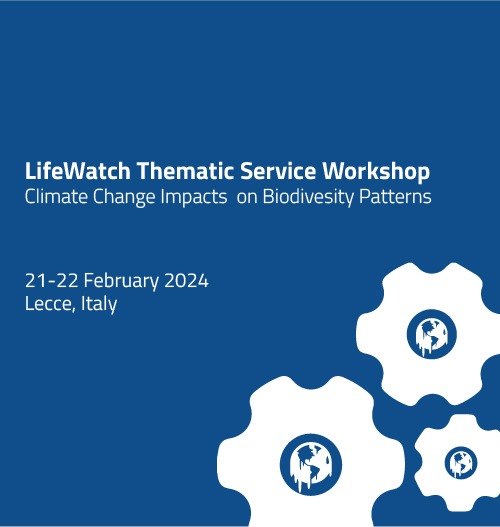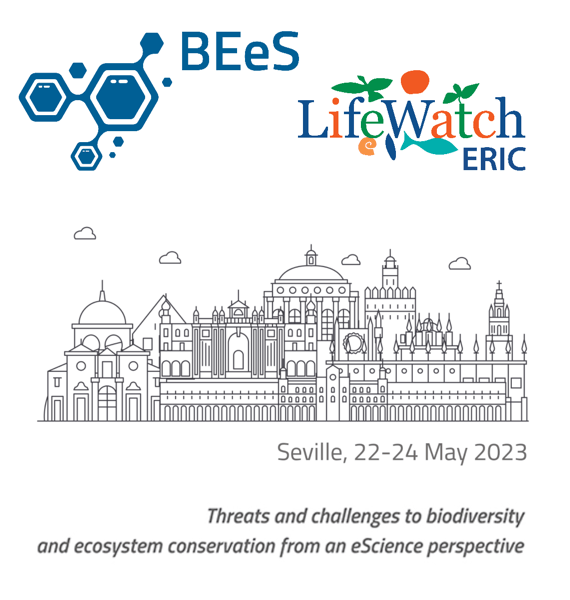14:00 – 14:15 | Welcome and Introduction to LifeWatch Thematic Core Service (TCS)
by Antonello Provenzale (CNR) and Alberto Basset (University of Salento)
14:15 – 14:45 | Individual Metabolic Responses to Climate Warming Depend on Biological and Ecological Context
by Doug S. Glazier (Juniata College, USA; Online)
14:45 – 15:00 | Discussion
15:00 – 15:15 | Using Artificial Intelligence for estimating the Responses of coastal lagoons to Climate Change by Piero Lionello (University of Salento; In-Person)
15:15 – 15:30 | Energetic and Behavioral Responses of Aquatic Ectotherms to Projected Climate Change
by Milad Shokri (University of Salento; In-Person)NR; Online) e/o Pasquale Bove (CNR; In-Person)
15:30 – 15:45 | Climate Change Effects on Animal Presence in the Massaciuccoli Lake Basin
by Gianpaolo Coro (CNR; Online) e/o Pasquale Bove (CNR; In-Person)
15:45 – 16:00 | Empowering Environmental Science and Climate Change Study with DataLabs: LifeWatch’s Collaborative Coding Platform for Biodiversity and Ecosystem Research by Francesco De Leo (CNR, In-Person)
16:00 – 16:15 | Discussion
16:15 – 16:45 | Coffee break
16:45 – 17:00 | Ecological Resilience of Mediterranean Forests to Climate Change and Wildfires by Mara Baudena (CNR; Online)
17:00 – 17:15 | Cellular Automata Models for Wildfire-Vegetation Interaction by Paolo Fiorucci (Cima Research Foundation; In-Person)
17:15 – 17:30 | A Vegetation Simulation Platform in a Global Change Context by Alessio Collalti (CNR; Online)
17:30 – 17:45 | Discussion
17:45 – 18:00 | Identifying the environmental drivers of carbon fluxes – a step to assess climate change impacts on ecosystems by Marta Magnani (CNR; online)
18:00 – 18:15 | Modelling of Soil Organic Carbon dynamics in wetlands by Carmela Marangi (CNR; In-Person)
18:15 – 18:30 | Monitoring aquatic primary producers response to Climate Change: The Phytoplankton VRE by Jessica Titocci (CNR; In-Person)
18:30 – 19:00 | Discussion and Conclusion
09:30 – 10:00 | Wrap-up by Alberto Basset and Antonello Provenzale
10:00 – 11:00 | Community requirements and construction priorities
Topic 1 – What is Already in Place in Terms of Services (Within and Outside of LifeWatch ERIC)?
Topic 2 – Community’s Needs and Requirements: How Can We Identify These?
11:00 – 11:30 | Coffee Break
11:30 – 12:30 | Organising the Ecological responses to climate change working group
Topic 3 – Launch and lines of operation
Topic 4 – Collaborations and Project Research Initiatives
12:30 – 13:00 | Closing Remarks and Future Directions
Summarize key insights from the workshop and discuss potential avenues for future collaborations and research initiatives.
